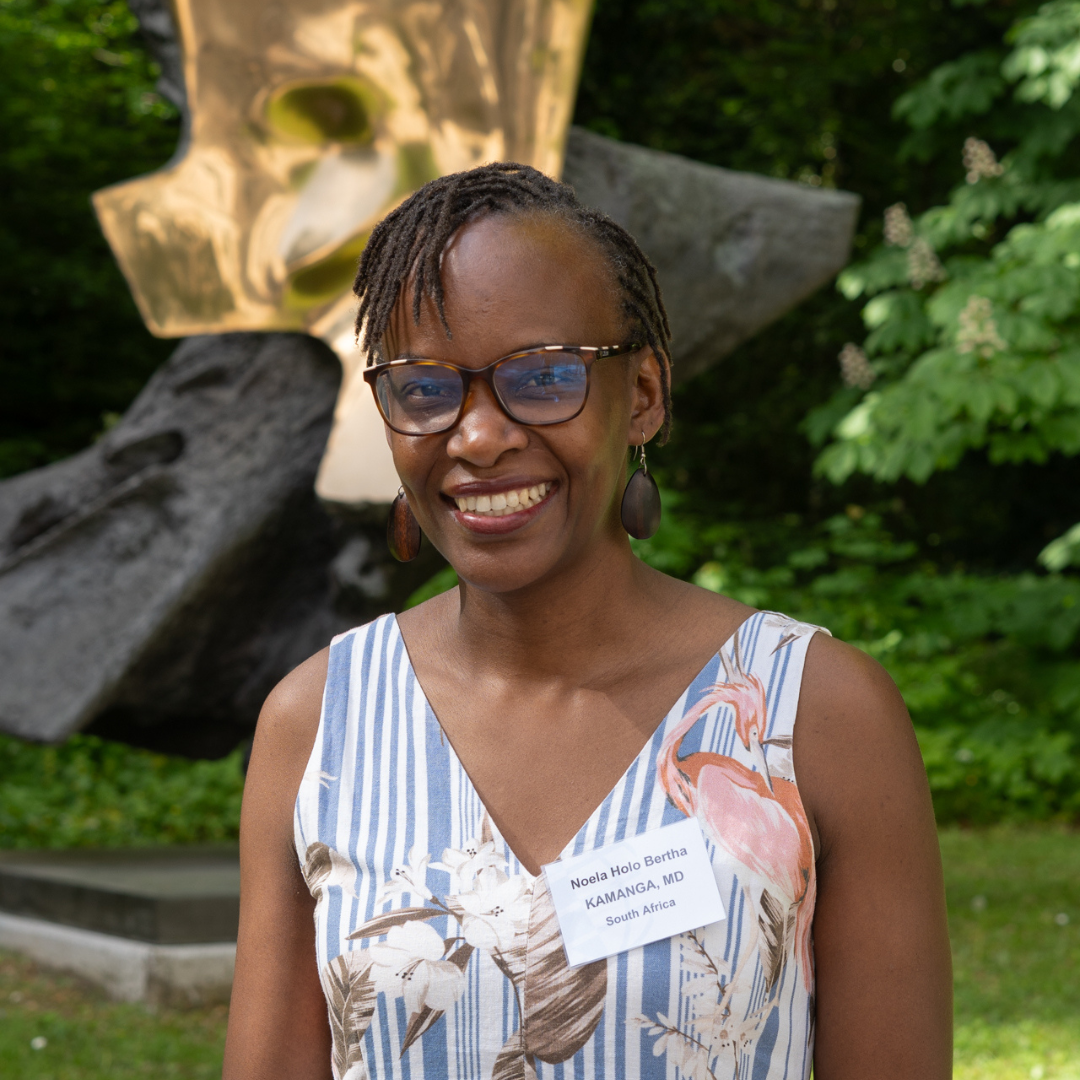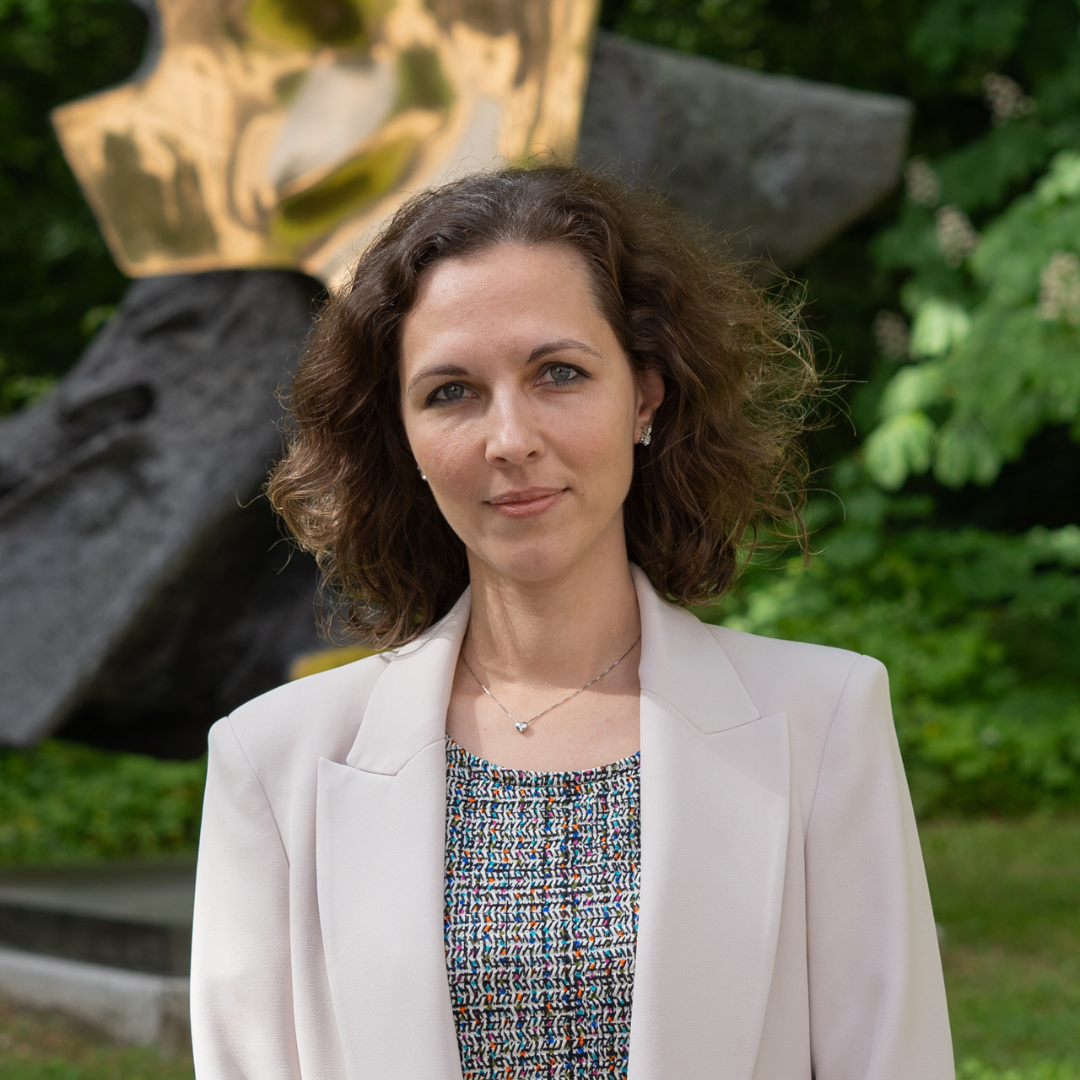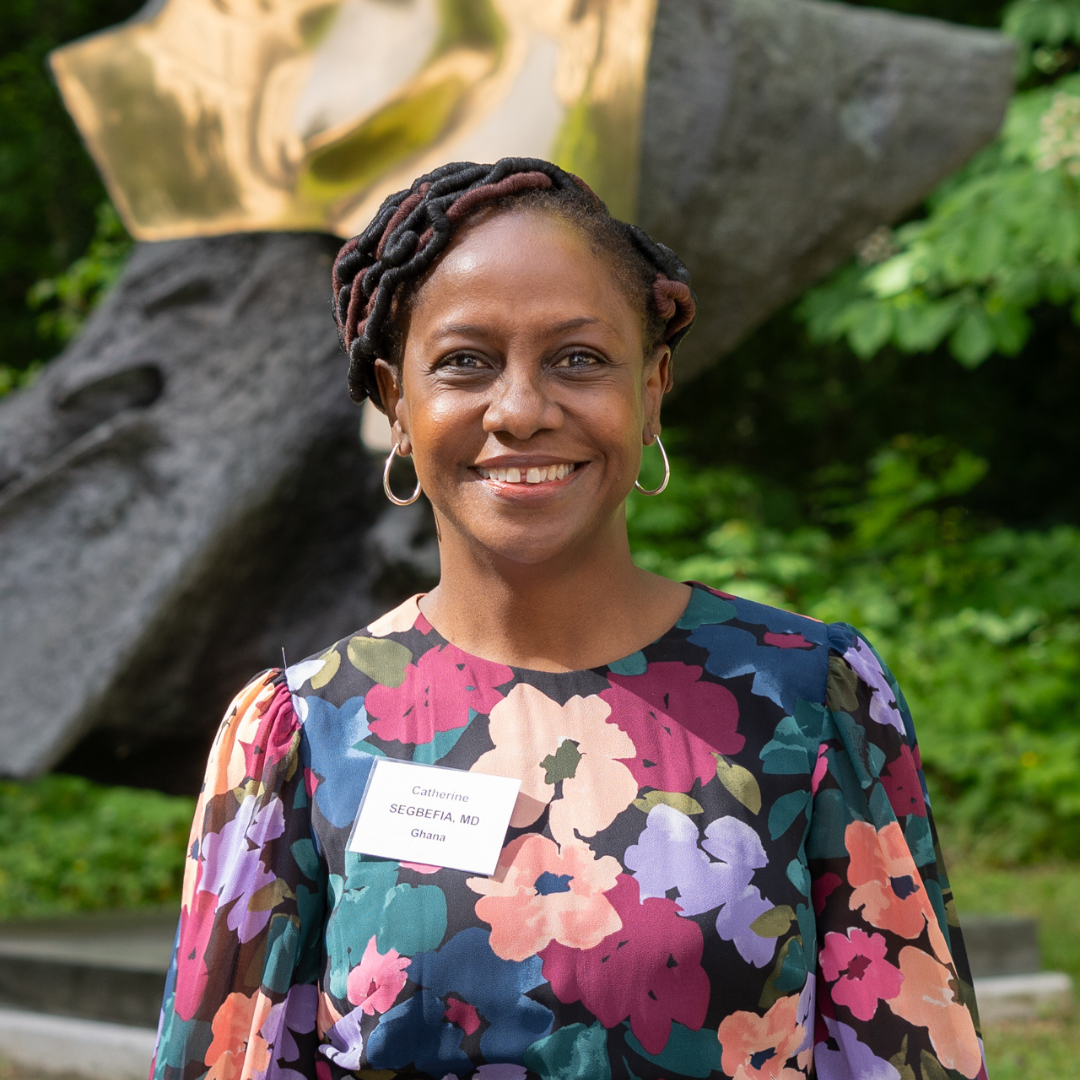Fellows from various medical disciplines, including dermatology, internal medicine, pediatrics, and family medicine, spent seven days together in Salzburg, Austria, puzzling over the intricacies of medical education. The participants were trying to figure out what the best and most efficient ways to educate medical professionals are. In their choices, the fellows had to consider the aspects of teaching styles, challenging learners, time constraints, as well as external factors, such as their educational environment, amongst others.
However, the 33 fellows from 26 countries were not alone in their quest for answers. Dr. Beth Rezet, course director, Dr. Adelaide Barnes, Dr. Donald L. Boyer, and Jay Mehta from the Children’s Hospital of Philadelphia (CHOP) were there to guide them. CHOP is known for its strong leaders, responsible individuals, and excellent decision makers, causing these experts to be the perfect fit to lead the seminar in medical education. Dr. Le Cu Linh, who is the Executive Vice Dean of VinUniversity’s College of Health Sciences at VinUniversity in Vietnam, was a guest at the course.
The medical education seminar first took place in 2011 under the leadership of Dr. Stephen Ludwig, the former Medical Director of Global Pediatric Education at CHOP, and has since been held eight times, with Dr. Rezet as a driving force. The pediatrician was part of the faculty and has since transitioned to be course director for the program in Salzburg and Mexico City.
The aim of the seminar was to provide the fellows with a foundation from which they could learn skills to improve their teaching. Some of the course’s topics included learning theories, qualities of great teachers, and designing a curriculum. Throughout the week, the faculty taught the fellows how to use clinical learning in different environments and supported them as they developed their own expertise and skills.
There were over 500 applications for this course, showcasing its popularity amongst physicians. As this seminar is part of our OMI leadership program, many of the attendees were alumni, who had previously attended OMI seminars. After advancing in their careers, the alumni now hold prestigious roles of educators and leaders in the medical communities of their home countries.
The faculty supported the participants in their noble endeavor of teaching others by sharing their own experiences and knowledge with them as well as leading multiple workshops. The interactive week included 18 didactic lectures, two fellows’ lecture presentations, and multiple group workshops. Fellows utilized and honed their critical thinking, strategical planning, and communication skills throughout the seminar.
Participants were kept on their toes during the workshops. On Monday the group remained as a whole, on Tuesday and Wednesday, the attendees were split into three groups, while on Thursday, they were divided into four groups. The Monday session focused on applying goals and objectives to one’s lectures. These tools were immediately implemented by the fellows during their own lecture presentations on Tuesday and Wednesday. Thursday’s workshop gave the fellows the opportunity to reflect on their learning during the week and engage in role play scenarios.
Dr. Rezet states that she volunteers for the OMI in Salzburg for the following reasons:
“We as physicians appreciate that it is a privilege to care for patients. As educators, we learn that it is both a privilege and an honor to teach others how to take care of patients. It is our responsibility to educate others so that they carry on the passion and skills inherent in medical education. All of our knowledge is merely a bucket of facts if we don’t share how to critically use this knowledge. It is our mission and imperative to give forward to improve patient care.”

Noela Holo Bertha Kamanga, MD
OMI fellow from South Africa
“I will be more intentional in seeking out the struggling learners and being part of the solution to make sure that all our learners are given a chance to succeed.”

Denisa Lobotková, MD
OMI fellow from Slovakia
“I realized that the medical education is truly as important as medical care itself and one cannot exist without the other. To ensure efficient and high-quality education for our learners, it is crucial that we know what, how, and whom we teach.”

Catherine Segbefia, MD
OMI fellow from Ghana
“I loved how relevant all the lectures were! The way that they were presented made it easy to distil the strategies that I can share with my colleagues and implement when I return to Ghana.”











